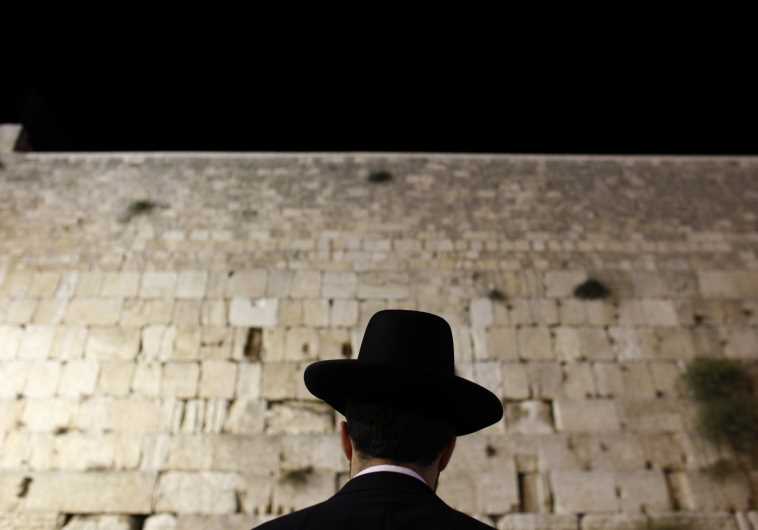WIN/Gallup International: Israel one of least religious countries
63 percent of respondents across the globe identified themselves as religious.
 An Orthodox Jewish worshipper prays at the Western Wall, Judaism's holiest prayer site, in Jerusalem's Old City
An Orthodox Jewish worshipper prays at the Western Wall, Judaism's holiest prayer site, in Jerusalem's Old City